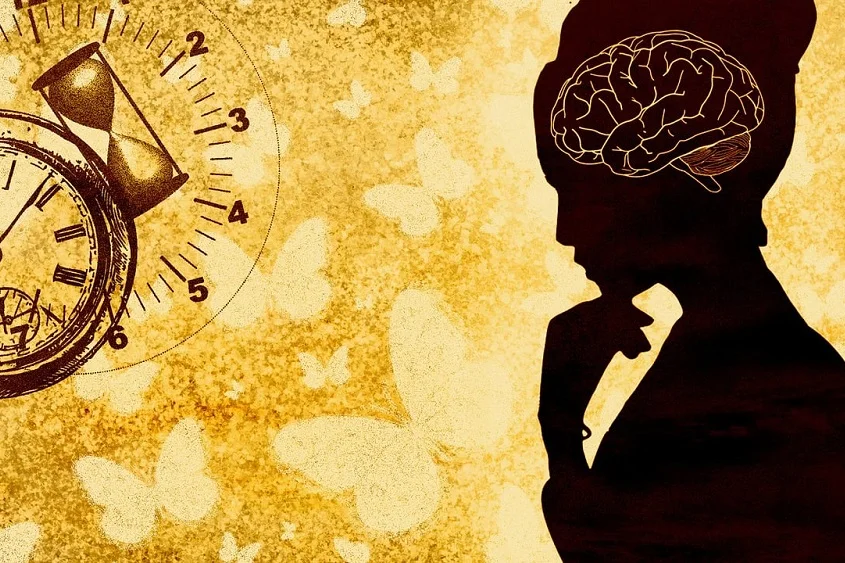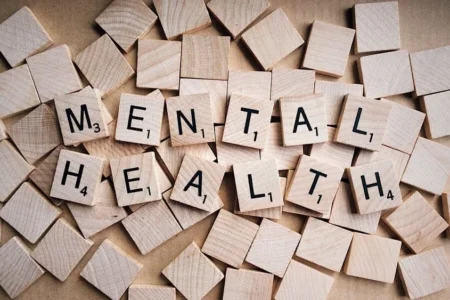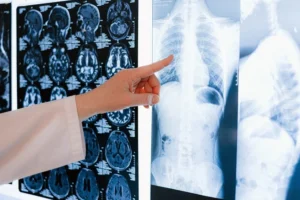Breaking the Stigma: Talking About Addiction and Mental Health
- Updated on: Jan 15, 2025
- 3 min Read
- Published on Jan 9, 2025

Key Takeaways
- Understanding addiction and mental health helps reduce societal stigma and promote recovery effectively.
- Open communication is crucial for fostering support, empathy, and collective healing.
- Education and external resources are essential for reshaping perceptions and implementing effective strategies.
The Reality of Addiction and Mental Health
Substance dependence and mental health issues are frequently misinterpreted, resulting in feelings of loneliness for those involved. Many individuals refrain from reaching out for assistance due to worries about judgment or being branded. This societal stigma can obstruct honest discussions, making it more challenging for people to find the resources they need. Increasing awareness and promoting comprehension are essential in establishing a nurturing atmosphere where everyone feels secure to discuss their difficulties.
Organizations play a vital role in addressing these issues by providing resources and support for individuals seeking help. Promoting open conversations about addiction and mental health can help diminish stigma and foster healing. When communities unite to encourage recovery and mental wellness, it conveys a strong message that no individual needs to confront these challenges in solitude. Overcoming obstacles begins with compassion and insight.
The Power of Open Communication
Encouraging open discussions about mental health and addiction is not merely a supportive gesture; it is a foundational aspect of effective intervention and recovery. Communication is a powerful tool that allows people to express their experiences freely without fear of being overlooked. This approach fosters an environment of openness where empathy naturally flourishes. Sociological research highlights that vulnerability in conversation opens pathways to deeper human connections, strengthening bonds and providing frameworks for understanding and support, which is crucial amidst mental health challenges.
Community Support and Empathy
Communities are the bedrock of recovery journeys. They provide the infrastructure needed to support individuals dealing with addiction and mental health issues. Whether through support groups, local health initiatives, or peer networks, these groups offer a sanctuary for shared experiences and communal healing. The National Institute on Drug Abuse underscores the dramatic impact of well-informed and empathetic communities. Understanding and compassion must drive collective actions, abolish judgment, and promote tolerance.
External Resources as Catalysts for Change
Gaining access to external resources can significantly impact both those struggling with addiction and mental health issues, as well as the networks that support them. Leveraging these resources enables the creation of comprehensive, inclusive methods for tackling these issues, promoting a setting where informed and coordinated efforts enhance recovery and assistance.
Implementing Global Best Practices
By learning from global standards and practices, communities can implement structured systems to support sustainable recovery. These insights provide a valuable framework for improving local health services and intervention programs, ensuring that they meet the diverse needs of those affected. Implementing global best practices fosters environments that prioritize not just physical but also individuals’ mental and emotional welfare.
Transformative Impact of Education
Education is indispensable in dismantling myths surrounding addiction and mental health. By embedding comprehensive education around these topics in schools and workplaces, societies can challenge existing biases and foster a climate of understanding and acceptance. The spread of initiatives like Mental Health First Aid prepares individuals with the skills to effectively manage and support those experiencing crises, thus reinforcing recovery frameworks and opening pathways to informed support systems.
Empowering Through Knowledge
Knowledge is power, particularly in the context of mental health and addiction. Providing factual, up-to-date information allows individuals to combat ignorance and actively participate in constructing supportive communities. Educational efforts strip away the misconceptions that fuel stigma and allow individuals to forge connections based on empathy, understanding, and shared humanity. The ripple effects of these educational programs garner environments that prioritize health and provide seamless access to necessary resources.
Breaking the Chains of Stigma
Addressing and dismantling stigma requires persistent societal involvement. Initiatives that challenge stereotypes while promoting informed discussions insulate communities against misinformation and prejudice. Continuing to drive these conversations, backed by accurate information and empathetic engagement, can create substantive cultural shifts towards acceptance, essential for fostering healing and progress across all communities.
Your Role in Creating Change
Each individual’s contribution to challenging the stigma surrounding addiction and mental health can create rippling effects of change. By engaging in conversations, supporting local and global initiatives, and actively working to dispel damaging myths, the foundation for a compassionate society is laid. These actions form the scaffolding upon which a more inclusive, informed, and supportive community is built, where seeking help is celebrated as an act of courage rather than marked by fear or shame.












